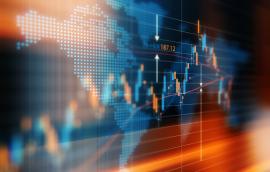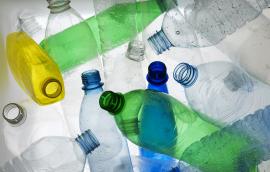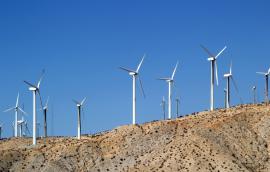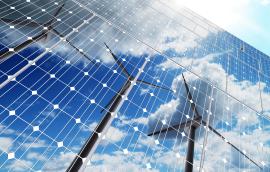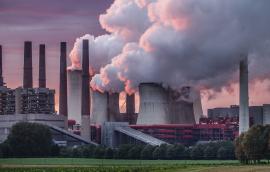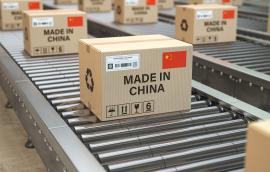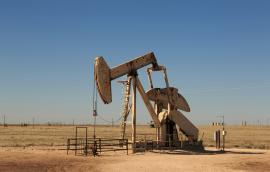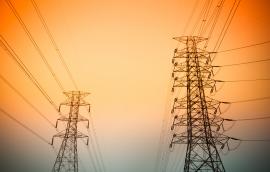Policies to Promote Economic Growth in the United States
Continued robust economic growth in the U.S. will, among many other things, require policies that encourage rapid technological innovation and increases in productivity, promote investment while reducing debt, and maximize economic efficiency. The authors explain why in this brief.
John W. Diamond, George R. Zodrow January 22, 2021
